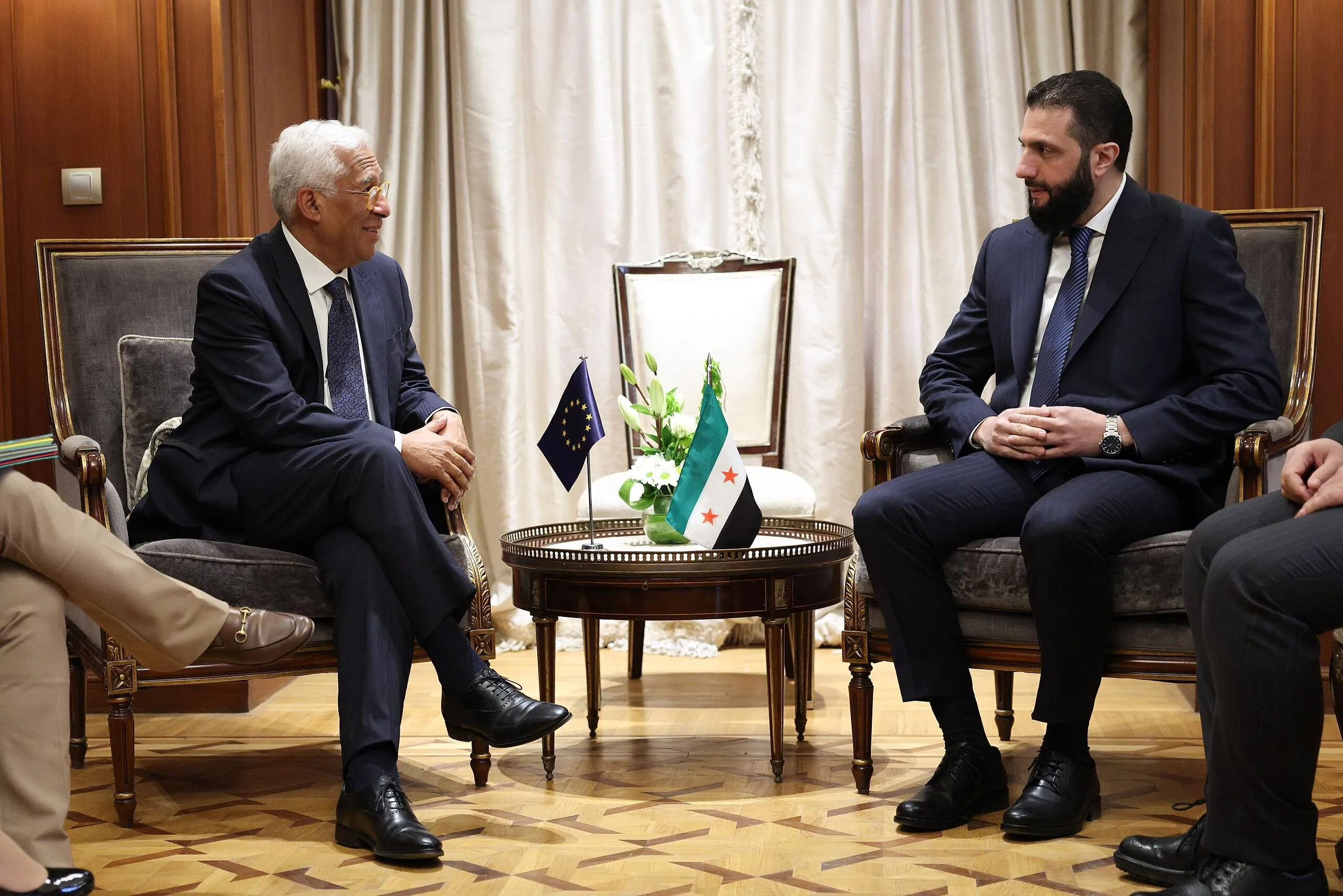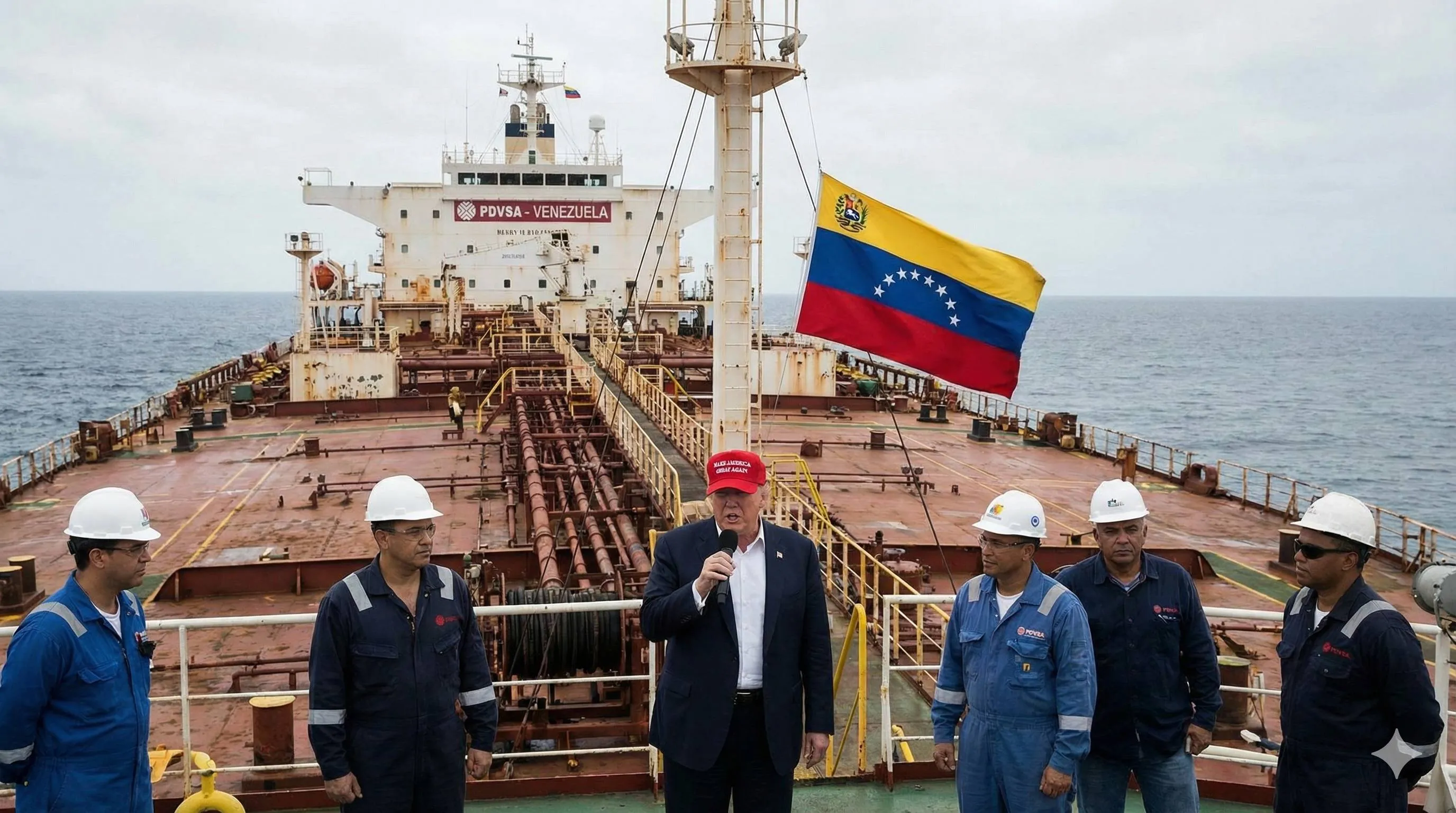Winning schaliegas in Europa stuit op hindernissen
In de VS loopt de exploitatie van schaliegas gesmeerd, maar om tal van redenen lukt het in Europa veel minder.
De kosten van de winning van schaliegas zijn over het algemeen laag in vergelijking met concurrerende energiebronnen en de milieueffecten zijn aanvaardbaar. Onder de titel 'Sorting Frack from Fiction', gaat 'The Economist' uitvoerig in op de oppositie tegen schaliegas. Alle geuite bezwaren (waaronder vervuiling grondwater, lekken van methaan in de atmosfeer, aardbevinkjes) worden zorgvuldig gewogen en te licht bevonden.
Maar toch .
Geologically, the chances of finding shale gas in Europe are every bit as good as in America. France, Poland, Britain and Ukraine look promising, and decent quantities may yet be found in other countries. Americas EIA puts Europes recoverable reserves on a par with Americas. But there the similarities end.
Perhaps the most important difference is in property rights. In America individuals generally own the minerals under their property. Since a gas strike will make them rich, they will generally be enthusiastic about extracting the stuff. In Europe mineral rights mostly belong to the state.
Another big difference is that in America most of the shale gas occurs in easily accessible fields far from houses and schools. Europe is far more densely populated, and the more people that live near shale-gas operations, the more objections there will be to fleets of tankers carrying the huge quantities of sand and water needed for fracking. .
Americas long history of hydrocarbon extraction and a vast oil-services industry on its doorstep gives it an edge over Europe. It has many hundreds of drill rigs available to go after shale gas, compared with Europes mere handful at present. And in America pipeline owners are obliged to allow anyone to pay to use them to move gas from the well to the buyer, whereas in Europe there is no obligation to allow third-party access.
In a continent where shale development is in its infancy, Poland has made the biggest strides. Keen to break its dependence on Russian supplies, it has awarded over 100 exploration licences to state-backed firms as well as to oil giants such as Chevron and ExxonMobil, Eni and Marathon. So far the results have been disappointing, and Exxon has now pulled out. Polands geology is different from Americas and new techniques may be needed to winkle out the gas.
Ukraine has recently granted exploration licences to Chevron and Shell, and Romania has also awarded a few. Britain, which relies more heavily on gas than its European neighbours, appears set to go ahead with shale. Cuadrilla, the American company that had been exploring for gas in the north-west of the country, has been allowed to continue, on condition that it keeps the ground-shaking to a minimum.
But for every two steps forward in Europe, there is a backward one. The Czech Republic is currently considering joining France and Bulgaria in imposing a moratorium on fracking. Additions to Swedens few test wells have been held up by public objections. Germanys good shale potential is marred by a vociferous opposition.
Lees verder hier.
Volgens recente persberichten is het Frankrijk van Hollande echter bezig zijn beleid terzake te heroverwegen. Mocht Frankrijk het moratorium opheffen, dan ligt het voor de hand dat andere landen zullen volgen.
In 'The Washington Times' analyseert Aviezer Tucker de herschikking van de geo-energetische landkaart vanuit een Koude Oorlog-perspectief. Onder de titel: 'New cold war over shale gas. Russia inflames environmental fears to dominate energy market', wijst hij op de Russische steun aan de Europese milieubeweging om de winning van schaliegas te frustreren.
The challenge facing Gazprom is to convince nations that pay it exorbitant sums of foreign currency to forgo a technology that can save them a lot of money, create local jobs and support their political independence. This challenge is not unlike the task the Soviet Union faced after World War II: The United States offered the devastated countries of Europe substantial free economic aid in the Marshall Plan. Fearing economic and political independence, the Soviets had to persuade [Noot HL: een eufemisme] Europeans to give up free money.
This time, the mobilizing ideology is not anti-capitalism but environmentalism. Russias Mr. Putin has become a great champion of other countries environments. Gazprom and Russia pay directly or indirectly, through public-relations firms and environmentalist groups, for the creation of grand coalitions with authentic environmentalist groups. As in the national fronts of post-World War II Europe that paved the way for communist takeovers, the groups that are loyal to Moscow control the coalitions. Such organizations do not, for example, criticize nuclear power as long as it is provided by Russia or condemn the effect of drilling in Siberia on the Russian environment.
Lees verder hier.
Wie had dat ooit gedacht? Rusland dat zich opwerpt als beschermer van ons milieu!
Voor mijn eerdere DDS-bijdragen, zie
Ga verder met lezen
Dit vind je misschien ook leuk
Laat mensen jouw mening weten
Lees ook
Loading


